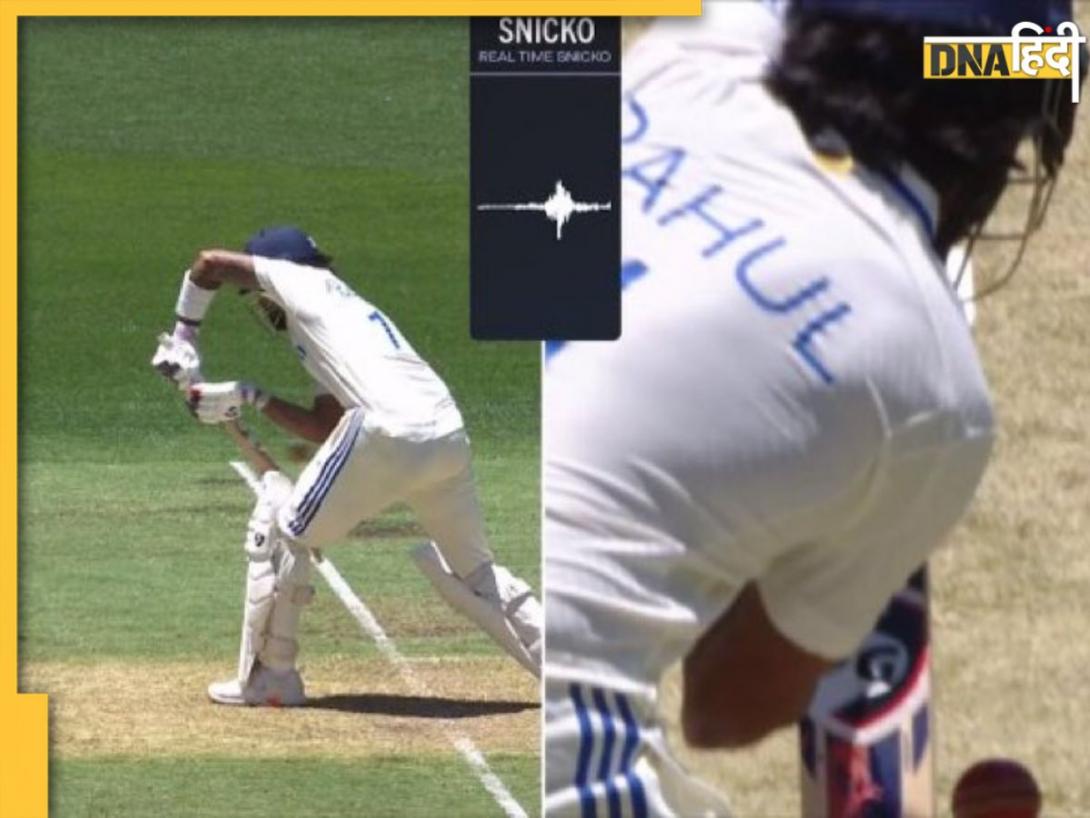- LATEST
- WEBSTORY
- TRENDING
VIRAL
What is a polygraph test? How is it different from a Narco test? Know here
Although both are employed in the process of gaining information from people, they work under different principles and serve different purposes
TRENDING NOW
In the realm of forensic science, two tests often come into focus when discussing methods to uncover the truth: these include the polygraph test and the narco test. Although both are employed in the process of gaining information from people, they work under different principles and serve different purposes. Take a closer look at what each test involves and how it is different from others.
Polygraph Test
A polygraph test also referred to as a lie detector test is a process that involves the monitoring of physiological responses of a person when he or she is asked a series of questions. The test mainly measures pulse, blood pressure, breathing, and skin response. The assumption is that while telling a lie, the human body will show signs that are different from when he or she is telling the truth.
How it Works: -
Preparation: Before the test, the examiner explains the process and ensures the subject understands the questions.
Questioning: The subject is then asked a series of questions, some of which are control questions to establish a baseline.
Analysis: The physiological data collected is analyzed to determine if the subject's responses indicate deception.
Narco Test
Narco test, on the other hand, is a test whereby certain drugs are administered to the subject to compel the subject to speak since the drugs tend to lower the subject’s inhibitions. This method is less frequent and can be considered unethical as well as it often results in false confessions.
How it Works:
Administration: A narco test typically involves administering a drug such as sodium pentothal or scopolamine to the subject.
Interrogation: Once the drug takes effect, the subject is questioned by an investigator.
Recording: The entire process is usually recorded to capture any statements made by the subject.
Key Differences
1. Methodology: -
Polygraph: Measures physiological responses to detect deception.
Narco Test: Uses drugs to reduce inhibitions and elicit information.
2. Accuracy: -
Polygraph: While not foolproof, polygraph tests are generally considered more reliable than narco tests. However, their accuracy can be influenced by various factors, including the skill of the examiner and the subject's emotional state.
Narco Test: The accuracy of narco tests is highly questionable due to the potential for false confessions and the influence of the drug on the subject's mental state.
3. Ethical Considerations:
Polygraph: Generally considered less invasive and more ethical.
Narco Test: Raises significant ethical concerns due to the use of drugs to manipulate the subject.
Polygraph and narco tests are both considered tools that are used in the investigative processes but these two tests are quite different in terms of the techniques, efficiency, and legal issues. Compared to polygraph tests, narco tests are less common and are surrounded by some controversies. It is therefore important to understand these differences to better grasp the nature of forensic science and the ethical issues that pertain to truth-seeking endeavours.







)
)
)
)
)
)
)
)
)
)
)
)
)
)
)
)




























































